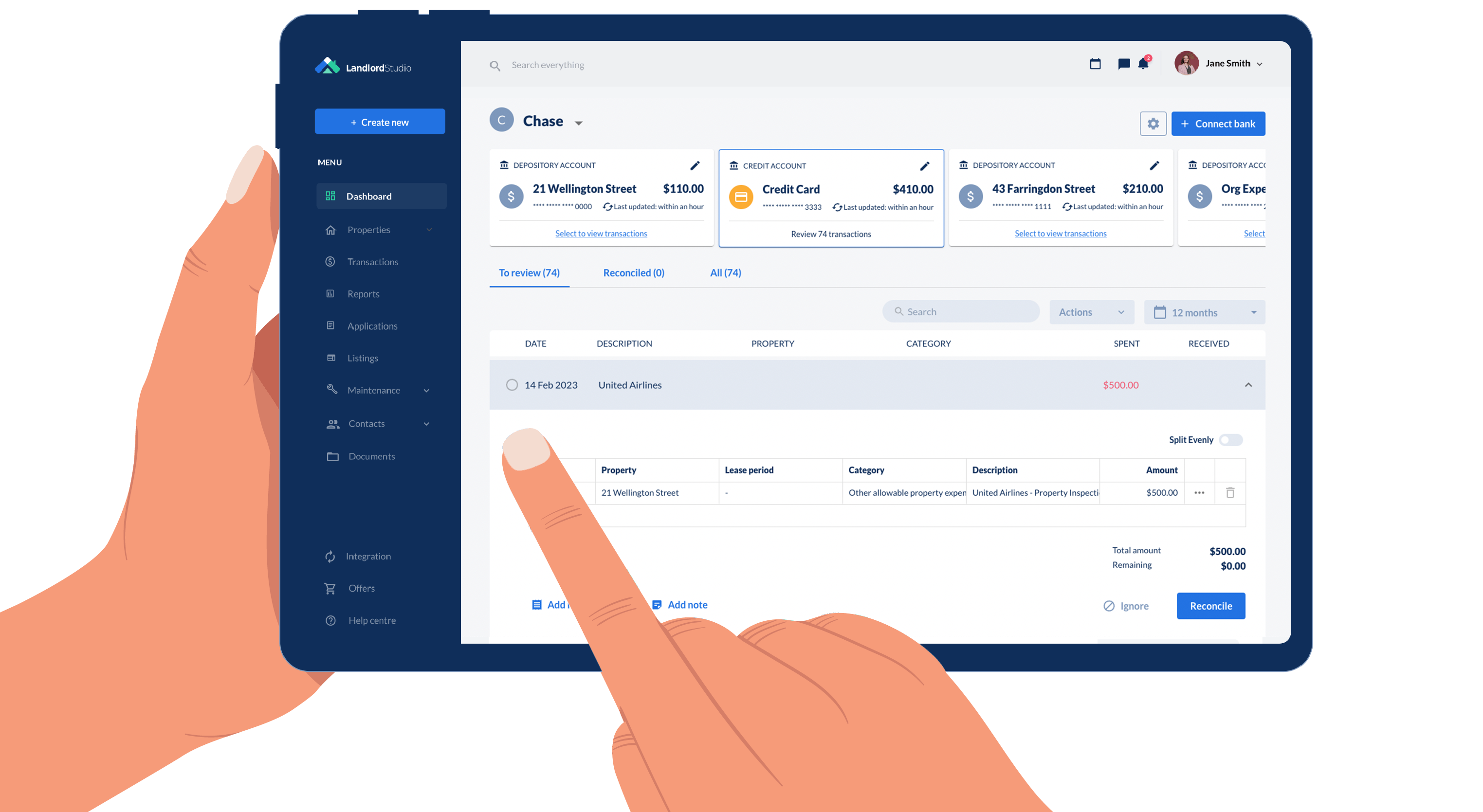If there’s one thing that’s certain in 2021 and beyond, expect unplanned expenses to disrupt your life anytime. Even people with good jobs need an emergency fund to cover at least three months of living expenses in advance. People with even more shaky situations need spontaneous ways to get additional funds to make ends meet. Get to know the different ways you can save or borrow money for unforeseen rainy days.
The Smarter Way to Use Emergency Funds
As a rule of thumb, you should never dip into savings or do credit purchases for unnecessary wants like eating out, impulsive shopping, treats, or impromptu vacations. These are the top reasons why people go into devastating debt. Emergency funds are needed for meeting serious obligations such as:
– paying off essential big-ticket debt like mortgages, car payments, and student loans
– covering unexpected increased living expenses
– medical bills
– necessary travel expenses
– tax bills
– business maintenance costs
– and additional family-related expenses like tuition, car and home repairs
Ways to Save Up For or Get Emergency Funds
Experts say that setting aside at least $1,000 is a good precaution. Always remember that your job stability, fixed monthly bills, current debt, and indefinite purchases can affect your overall future financial standing.
It’s never too late to start saving extra. A government consumer survey revealed that cutting back on expenses is the most popular way to save. Another way to increase savings is to sell unused items. Find ways to supplement your current income so that you can easily contribute to indefinite future expenses like a college or retirement fund, or your 401k. If you want to try investing, you’ll have to read the fine print more carefully because it involves considerable risk.
Make saving fun by asking everyone in your family to pitch in. Teach kids the keep a piggy bank or have a family-sized one so that everyone can appreciate seeing money piling up.
If you have suffered a temporary income loss, you have the option to borrow money for emergencies. The loan terms and amount will be based primarily on your ability to pay, current assets, equity, and credit score.
When Short Term Loans Are Your Only Option
Even before the pandemic started, the Federal Reserve reported that 4 out of 10 Americans could get a $400 unexpected expense anytime. Add that to widespread job loss, and you’ll have difficulties making ends meet – even without any sudden health emergency.
Common low-end short-term loans include payday, pawn, and auto title loans. These are loan options that need to be fully paid between one to 18 months. Some of these easier loan services require little collateral or none at all.
To apply for a short-term loan, you usually need to present a state-issued id and proof of employment. In other cases, auto title loans will need an additional lien-free title to let you borrow against your car’s equity.
For payments, you have the choice of making bi-monthly payments (in the case of payday loans) or pay the outstanding balance in full, in a lump sum. Take note that these shorter payment terms will mean a higher annual percentage rate (APR) that uses variable interest rates.
Get Creative With Your Emergency Funding Options to Have Better Peace of Mind
Whether you are automating your savings contributions or using short-term loans, the important thing is to have a wide variety of options to meet any emergency. It always pays to increase your income sources so that you can meet all obligations without a hitch.
There are also other creative ways to add to your savings. Use tax refunds, squirrel away bonuses, and put away any inheritance that you can get. It’s always smart to keep building home and car equity so that you can have substantial collateral to fall back on.
Don’t forget that any kind of loan will require you to do due diligence. Title loans, for example, will need to follow their own state lending laws that could be different in other states. Strengthen your ability to pay so that you don’t lose assets. If you can pay off loans sooner, the bigger you save on interest rates.
Other alternative sources for emergency funds are:
– Federal Credit Unions
– Personal loan services
– Credit cards
– or loans from family and friends
You can also approach a local church or your community for support. You never know. Just don’t be afraid to ask for help. In any case, learn to be more financially literate so that you can leverage what you have to live more peacefully, even in an uncertain future.
Meta title: Learn Creative Ways to Build Your Emergency Fund
meta desc: It’s difficult to live without any savings or emergency funds. Read on to find out how you can start setting aside an amount for emergencies.












Comments